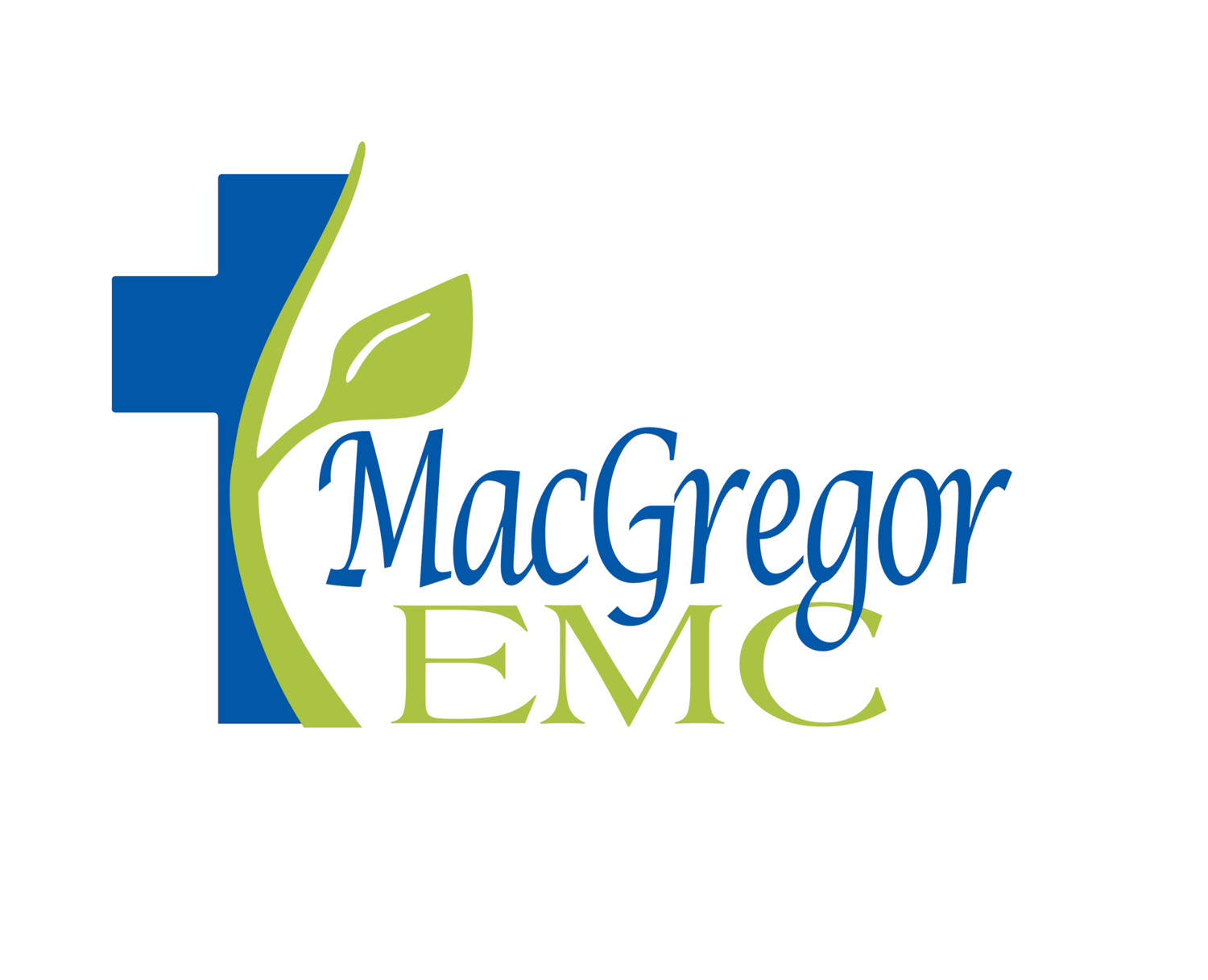Sunday Service - The Scars of Jesus
/Today, we look at the story of doubting Thomas, seeing some of the things Jesus’ scars tell us about the resurrection and how we should live now as well. It is also communion, so have your elements ready (see note below).
I want to say a big thanks to David Kruse, Agatha Friesen, Susan Rempel, Danny North and Margaret Thiessen for helping to bring this service together.
This is an edited recording of our April 14th, 2024 service. Our Adult Sunday School is at 9:45 AM, with Children’s Church and the MEMC Sunday Service starting at 10:45 AM. I hope to see you there.
Scripture Readings
A Note About this Message
When I was giving this sermon, I was preaching on four hours of sleep from memory. Upon review of it, I am not comfortable with what I ended up saying in the last section of the sermon. I have decided not to delete it, or edit it out for the sake of transparency. It would be easy to hide from such things, but I would rather face it head-on.
While I do believe that there is a strong case to be made from this passage that the resurrected Jesus is to be understood as having a disability, there are other readings and understandings that are also supported, so to be as bold as I am that ‘this is the right one’ in the sermon is wrong. Plain and simple. I truly apologize for that.
I also did not mean to make it sound like there would be no healing in the resurrection for those who suffer here and now. I fully believe that there will be true healing in those days. Instead, what I meant to convey is that for a lot of what we think of as disability, if true healing were to happen, what needs to be healed is less the one with the actual condition and more how society sees, treats and accommodates them. A better example than the one I used would be how, for a long time, American slave owners thought of their slaves as disabled due to their colour. For true healing to happen in that situation, it wasn’t the slave's colour that needed to change but the horrific way society thought of those peoples. While we may think of this as being completely different than disability, it should be remembered that much of the society at that time didn't. True healing could only begin when society changed to be more accepting and accommodating. For many people today suffering with the effects of various disabilities, this is true as well.
The Bible does not talk much about what the resurrection will be like apart from a smattering of verses, like this one from John. We can rest assured, though, that there will be no more sorrow or pain in those days (Rev. 21:1). As such, we can rest assured that in the time to come, the healing that we all will receive will be just what is needed, whether it be physical healing, mental or societal, and we can praise God for this as well as choose as Christians to live in this way already in the here and now.
Frustratingly, while I was prepping this message, I made sure to highlight all these distinctions and nuances that I just mentioned and yet they all slipped away into the haze. So, going forward, I will make a point of making notes to follow if I wake up tired to try to mitigate this kind of thing and I ask of you that if you are looking for things to pray about on Saturday nights, feel free to add to your list that the situations are just right that come Sunday morning I am fully rested. Also, if you ever have any questions or concerns about something I preach, come and talk. I try my best to prep thoroughly, and so I would love to discuss what is said with you.






